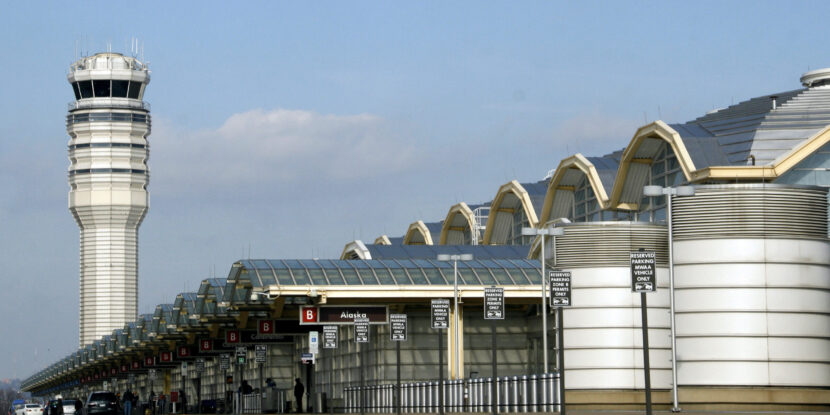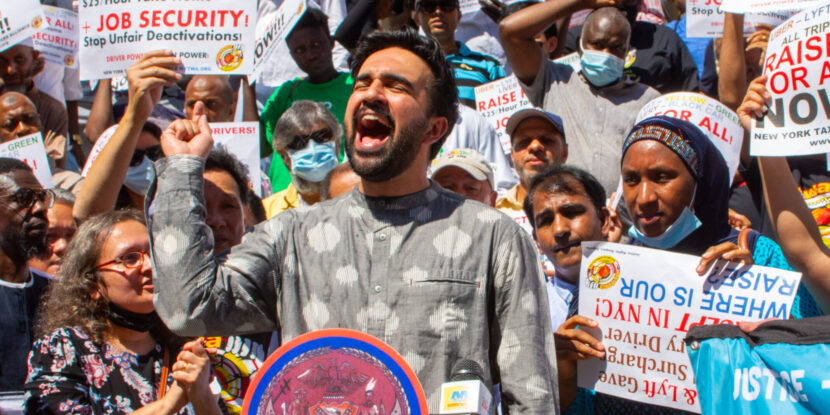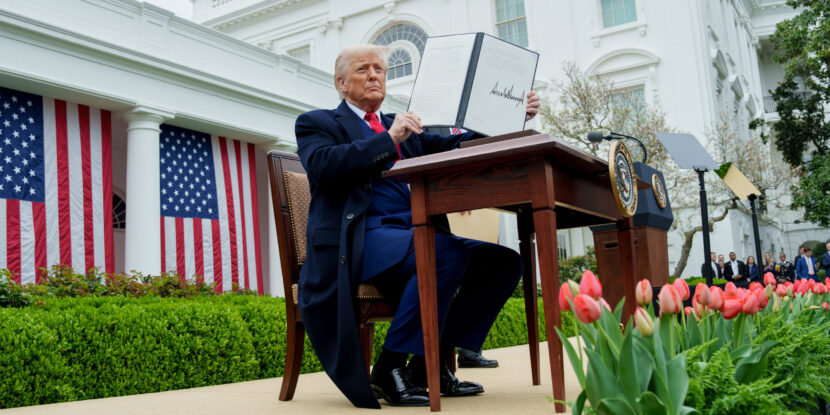❓WHAT HAPPENED: An interstellar object, 3I/ATLAS, has picked up speed unexpectedly as it moves away from the sun and closer to Earth, defying gravitational predictions.
👤WHO WAS INVOLVED: NASA scientists, Harvard physicist Avi Loeb, and astronomers tracking the object.
📍WHEN & WHERE: The object reached perihelion on October 29, 2025, and is now six weeks away from its closest approach to Earth.
💬KEY QUOTE: “If 3I/ATLAS is not enshrouded in a much more massive gas cloud after perihelion than it had in the months preceding perihelion, then its recent non-gravitational acceleration must have resulted from a different cause than cometary evaporation.” – Avi Loeb
🎯IMPACT: The object’s unexplained movements and composition raise questions about its nature, with some suggesting it could be an extraterrestrial craft.
The interstellar object 3I/ATLAS has been observed accelerating as it moves away from the sun and closer to Earth, according to NASA. This unexpected speed increase has shifted the object off its predicted path, defying the gravitational forces of the sun, which contains the majority of the solar system’s mass.
3I/ATLAS, initially recorded as the fastest space object entering the solar system at over 130,000 mph, has now reached speeds of around 152,000 mph after its closest approach to the sun on October 29. While NASA attributes the speed boost primarily to the sun’s gravity, the object’s noticeable deviation from its expected trajectory remains unexplained.
Harvard physicist Avi Loeb has pointed out that astronomers have yet to find sufficient evidence of gas emissions from the object, which would typically indicate a cometary nature. “If 3I/ATLAS is not enshrouded in a much more massive gas cloud after perihelion than it had in the months preceding perihelion, then its recent non-gravitational acceleration must have resulted from a different cause than cometary evaporation,” Loeb stated.
The object has exhibited unusual characteristics, including turning blue as it approached the sun, rather than red like typical comets. It also has a massive estimated weight of 33 billion tons, with a composition of nickel and carbon dioxide, unlike the ice and water found in comets formed in our solar system. These anomalies have led some, including Loeb, to theorize that it could be a nuclear-powered ‘mothership’ created by an alien intelligence.
NASA’s latest data shows that the mysterious push on 3I/ATLAS weakened after it passed perihelion, yet it remains detectable. The James Webb Space Telescope is set to observe the object in December to search for any gas cloud that could explain its movements. However, Loeb and others continue to question whether the object’s behavior and composition might point to a non-natural origin.
Join Pulse+ to comment below, and receive exclusive e-mail analyses.















